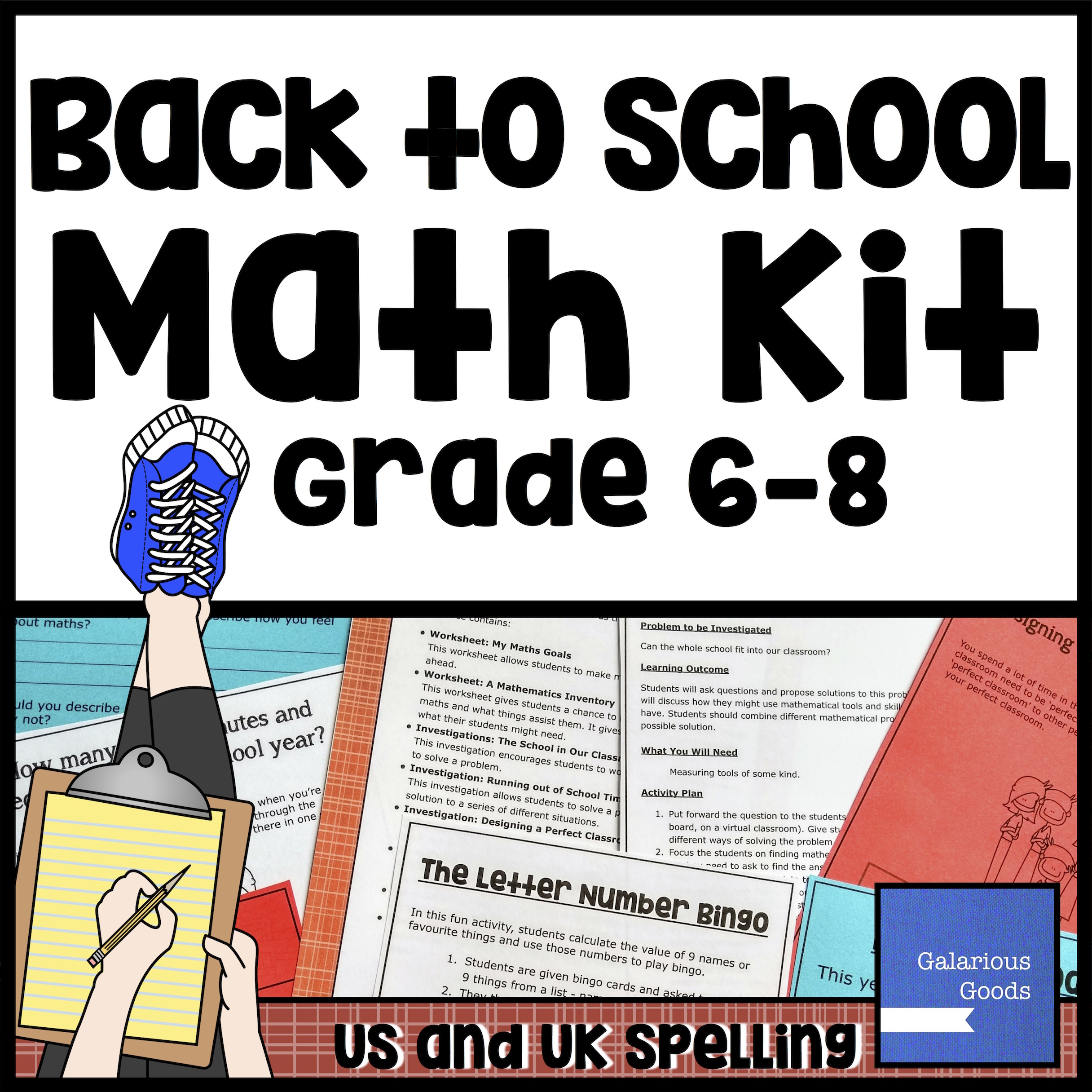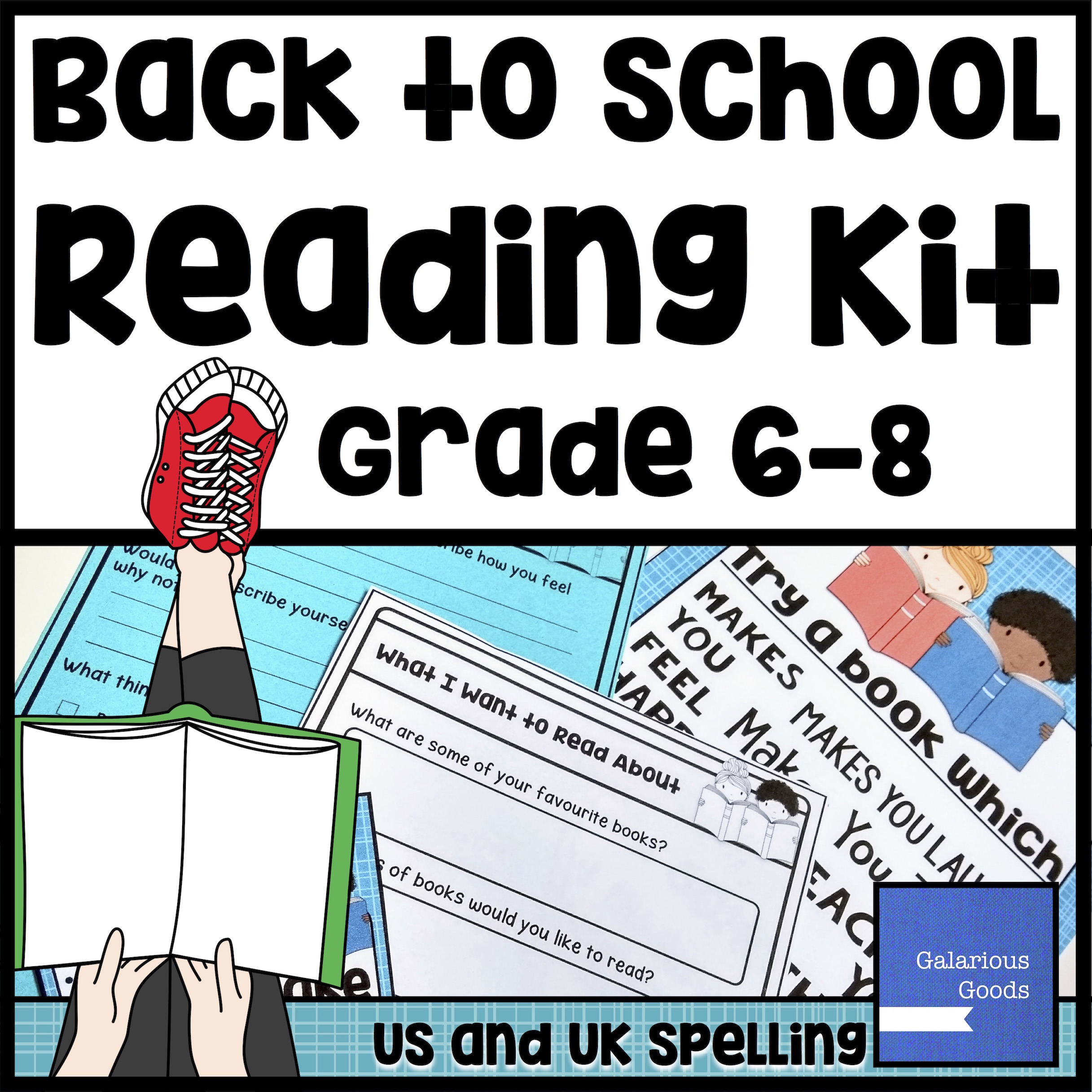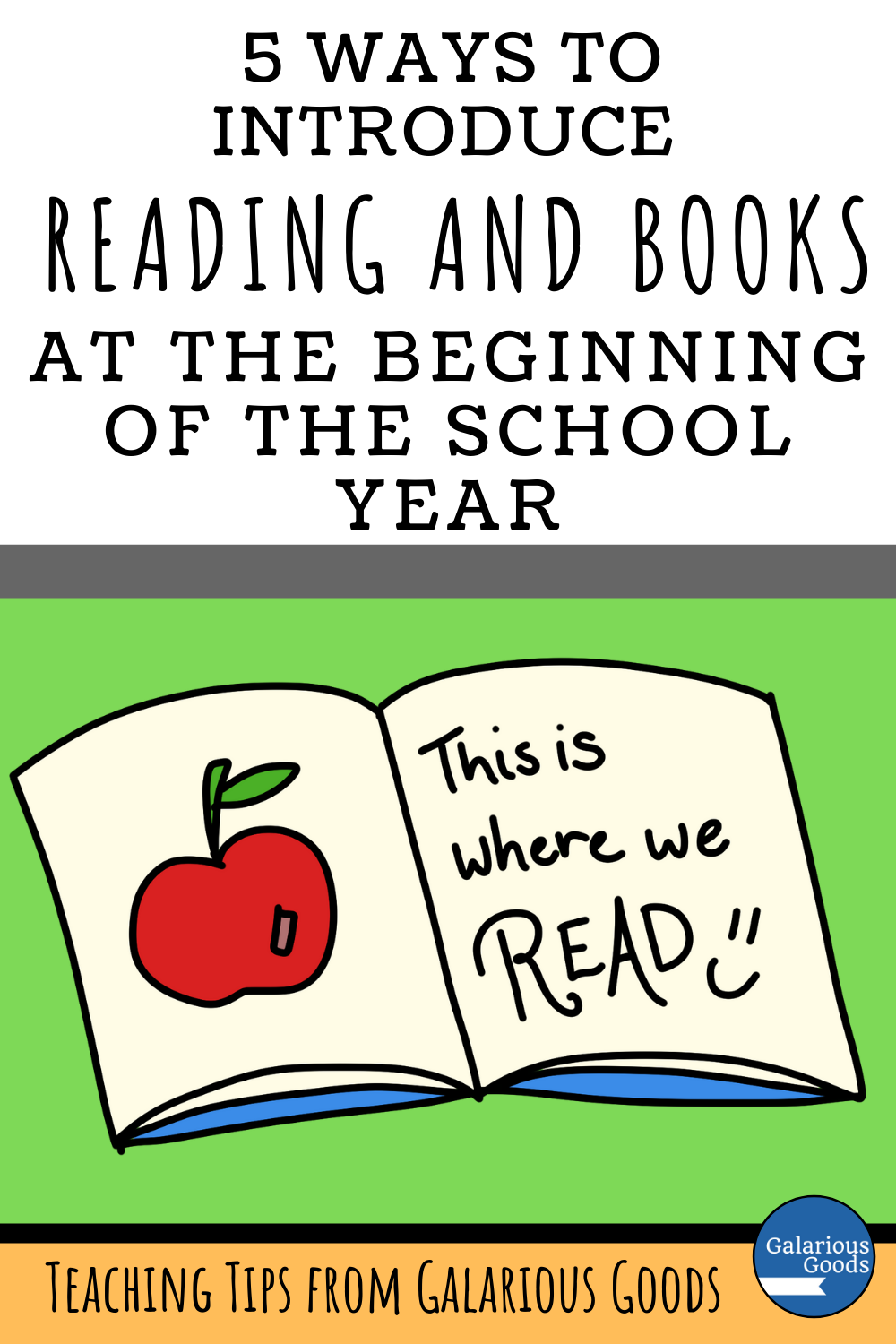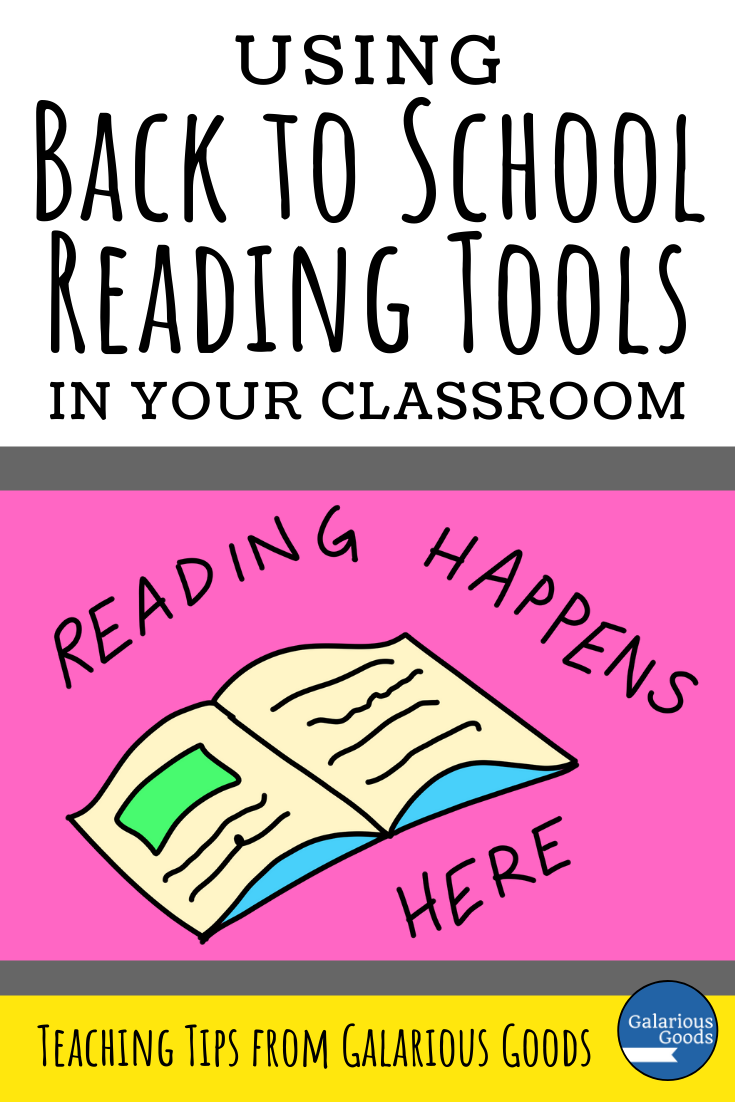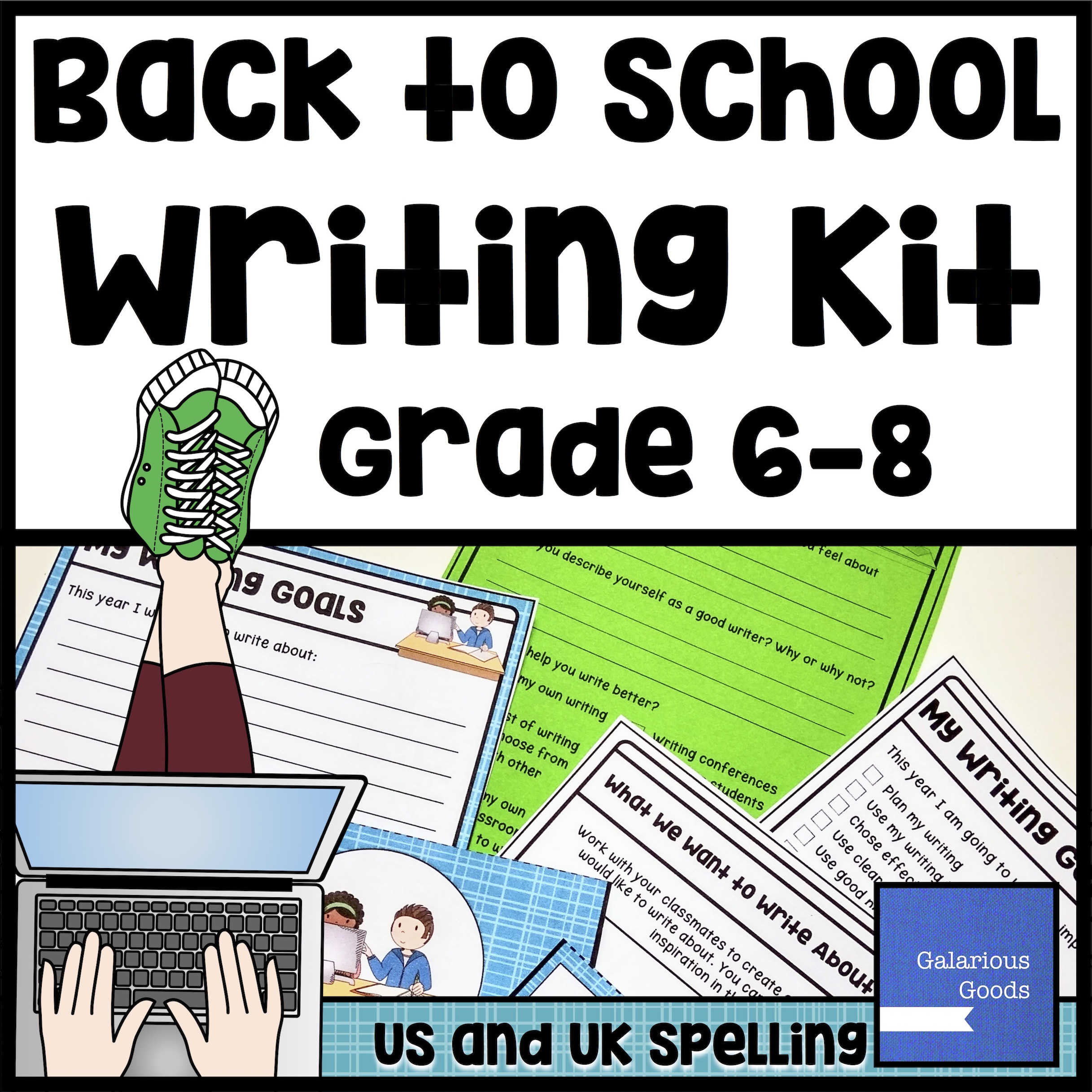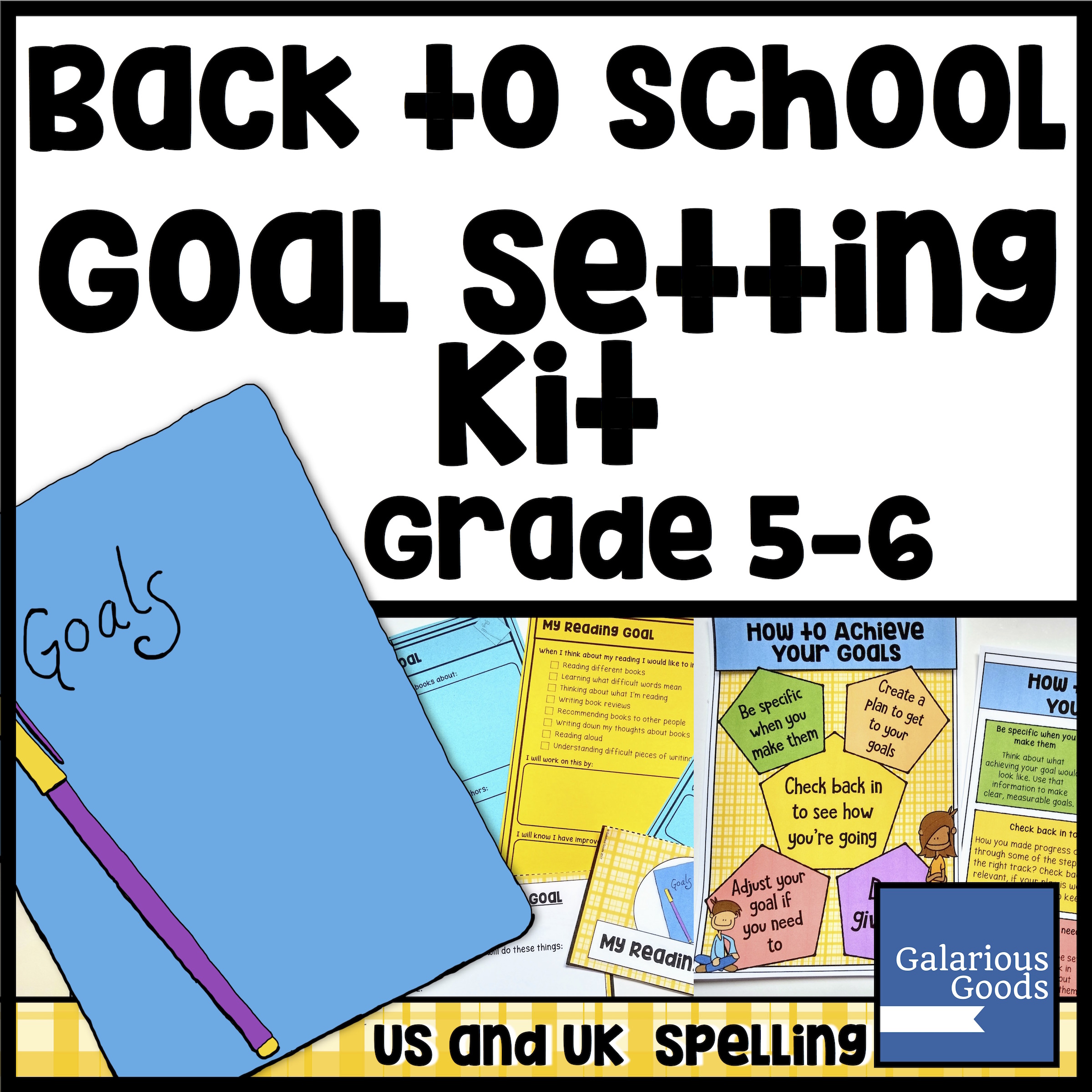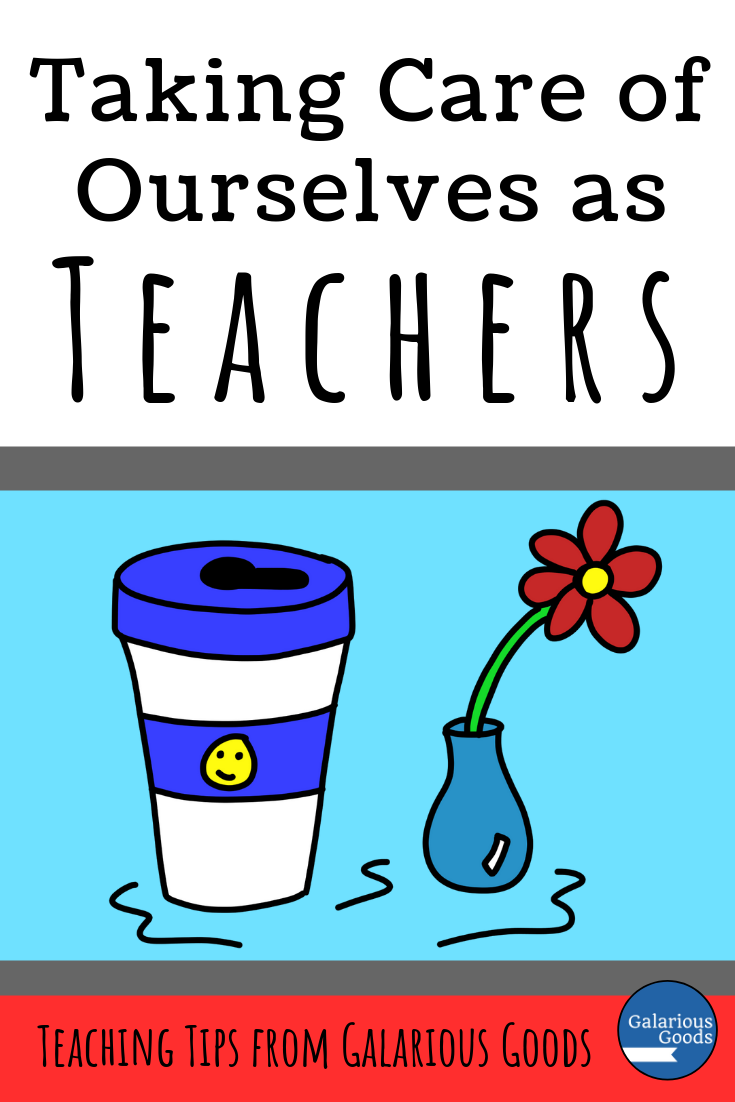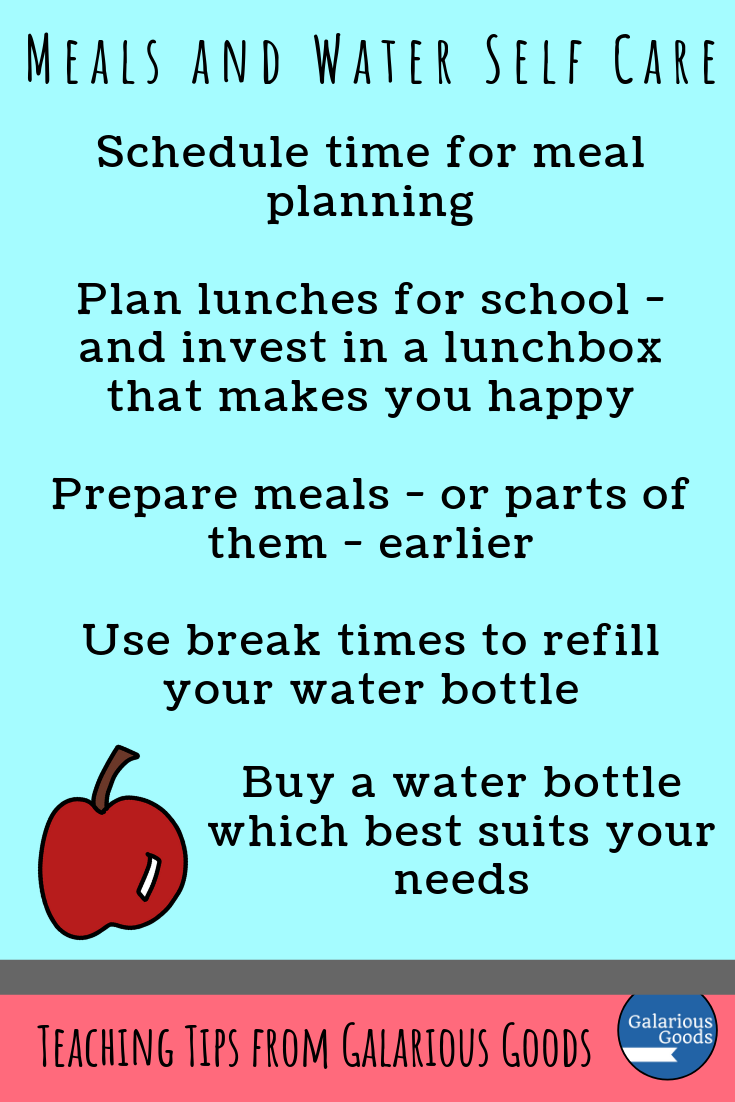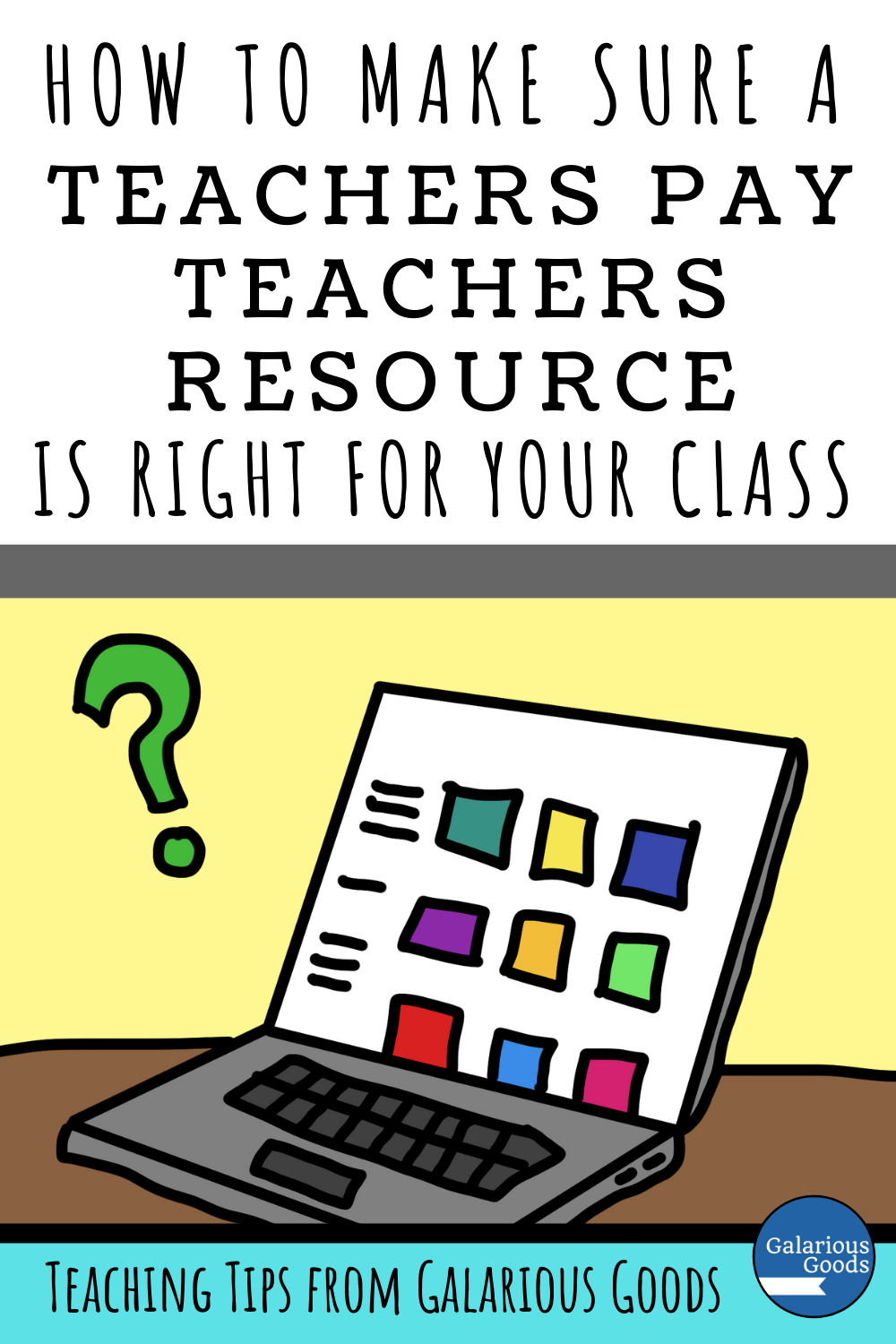5 Things School Parents Might Worry About (And how teachers can help those worries)
/I’ve checked the new school bag, bought the new water bottle, browsed Pinterest for lunch box treats. Excitement is at an all time high here because my eldest is about to start school.
Despite all my own school experiences, I - inevitably - have some worries. And I’m not the only one. Parenting groups I’m part of are filling up with questions and concerns and parenting blogs are publishing posts to help parents with their concerns.
So, what are these concerns? And how can teachers address them - and alleviate them?
1. Have I Got Everything Right?
Is the uniform right? Have I bought the right shoes? What books do I cover and name and which ones do I leave? When do I send the library bag to school? What time should I arrive for the school assembly?
Schools have their own rhythms, routines and systems. So do different teachers and classrooms. Every time a new school year starts, parents and students need to get used to these rhythms and systems and work out how they fit into the rest of life.
While teachers often take the time to go through the little details with students, parents are often left asking questions of more experienced parents or making worried posts in Facebook groups. Lots of parents don’t want to add to the stress of teachers and students in the first days of school by getting it wrong.
You can help these worries by making your school and your own expectations as clear as possible. If you want all books covered and named, let parents know through a note or an email. Ask your administration team to provide examples of the ‘right’ shoes at orientation sessions or meetings with new parents. Use a calendar to help parents know what’s coming up. These little details can help parents be more prepared, which means students are more likely to arrive on the first day ready to learn.
2. What Should I Talk to the Teacher About and How Should I Do That?
Do I let them know we’ve had a bad night’s sleep? Do I let them know that they’re finding the reader way too easy or way too hard? Do I ask them how my child is settling in? Can I get clarification on this homework?
Teacher time is valuable time, and it can be hard for parents to know how to navigate that, while sharing information and not being ‘that’ parent.
What you want to know or how you’d like to communicate with parents will differ depending on your school, the age of the students and your own preferences. But let the parents know what you’d prefer, whether it’s a short note at the beginning of the day if something at home is likely to impact on the student’s learning, an email to clarify an assignment or a formal meeting set through the school office to discuss greater concerns. You may have a ‘no question is too small’ policy or you might like to produce a ‘frequently asked questions’ handout for parents to address those questions you get year after year.
3. Will My Child Be Recognised in the Classroom?
Will they remember to speak up? Will the teacher have time to see them with all the other students and forms and reports and outcomes and curriculum they need to get through? Do I need to tell them about what my child can or can’t do, or will the teacher pick that up themselves? Will the teacher be able to work on their weaker areas? Will the teacher see who they are?
Parenting can be worrying, but it can be especially so when we hand our kids over to other people! Parents tend to know so many of their child’s strengths, weaknesses and individual quirks, so it’s easy to worry how a teacher of so many students (with so many other things to do!) will be able to see each student.
One way to address these worries is by making individual contact early in the year. It might be a short note about how the student has gone in the first two weeks or a quick chat at the end of the day. It might be a conversation as part of a back to school or meet the teacher night or a quick phone call to talk about something the student has done well and to address any questions.
You can also combine these forms of contact with a parent survey - asking parents to talk about their children might help you pick up on things you haven’t picked up on yet.
If you’re making phone calls home, you might like to use this free Parent/Carer Phone Call Log - it’s an easy way of seeing which parents you’ve contacted and which ones you need to contact, as well as allowing you to record anything you might need to follow up on.
4. Will My Child Get In Trouble?
Will they listen to the teacher? Will they be nice to other children? Will they talk too much in class? Will they behave themselves at assembly? Will they behave themselves when they’re tired?
Almost all students are likely to get into trouble at some point. We know that as teachers and parents definitely know that about their own children. So the answer to this one is usually ‘yes, your child will get into trouble at some point.’
Schools often have really detailed behaviour management plans, but these can be a little overwhelming. Plus they don’t always cover the day to day teaching and management of behaviour which happens in the classroom.
Teachers can definitely help break these down and can work with parents as a team on behaviour. If you’re concentrating on a behaviour - raising hand in class or being kind in the playground, for example - you can let parents know. When parents know that’s something to be worked on, they can reinforce the good behaviour at home.
You can also let parents know that certain behaviours are normal and even expected at different ages.
5. How Can I Help At Home Without Stepping on the Teacher’s Toes?
If I’m reading at home should we talk about the letters and the sounds they make? Should we be doing maths problems or do I leave them for the classroom? I know they’re learning about volcanoes this year, should we do some reading at home first or just wait?
Many parents want to support their children when it comes to learning. But often they’re not sure how to go about it without getting in the way of the teachers and the work they’re doing.
Teachers can help with this worry by having a list of activities parents and students can do at home together. It might be general like reading books, looking at maps of trips, helping with chores around the house, playing with toys which develop fine motor skills, getting out and exercising together or exploring the interests of the child. Or it might be more focused like looking at sight words, practising time tables or maths facts, looking for interesting words when reading and making a personal dictionary, talking about family history.
If students need more focused help or are showing particular interest in a subject, it’s worth passing on this information to parents as well so they can expand on that at home.
I’ve had several parents ask what tutors (for students at all levels) can do to help. It’s worthwhile to think of the skills which might need reinforcing or extending at different times of the year and to have a list which can be used by the student and the tutor.
You might also like to think of ‘sideways’ activities which the students can engage in. If a student really likes a book you’re reading in class, you might like to suggest that they research what other books are available on a similar topic or by the same author. If you’re learning about Ancient Egypt, they might like to read about other ancient civilisations. A student who is really into mathematics might like to brainstorm places they find or use a maths concept in the ‘real world’.
There are lots of ways parents can help with learning outside of the classroom and it’s worth the time to offer some suggestions to engage the whole family in the learning of the student.




